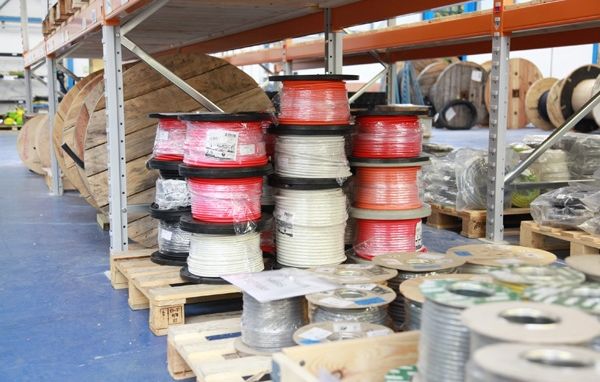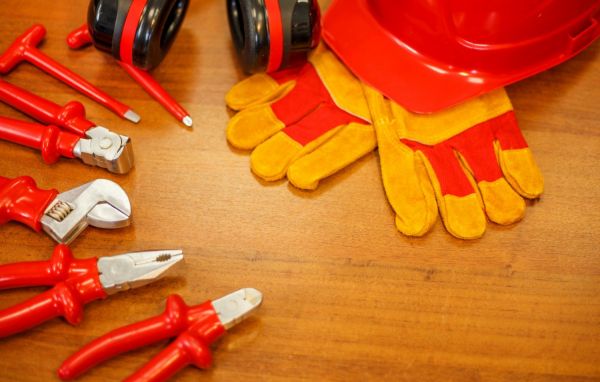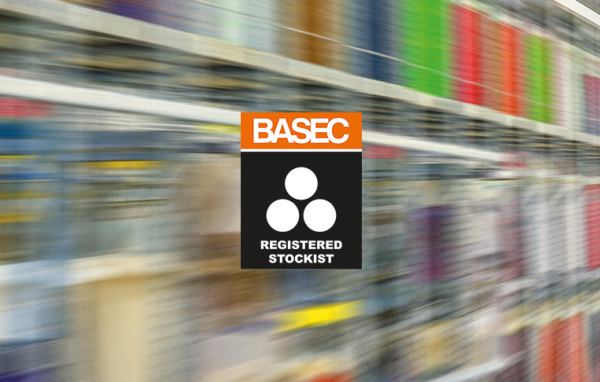Managing cable production risks
Cable production bears risks that can significantly impact the manufacturer supply chain; these can create inefficiencies and unnecessary costs to businesses.
Preventative maintenance and effective implementation of quality management systems are important to ensure the supply chain operates as efficiently as possible. Otherwise, problems can arise through excessive cost reduction measures, mistakes and failures during cable production, or issues arising from material flow and equipment failure.
Risks associated with managing material costs
Cable manufacture involves a high material-cost element; this can typically exceed 65% of the overall cost. Nevertheless, manufacturers must ensure that introducing cost management measures does not significantly reduce cable quality, and therefore increase risk to the end user.
Risks associated with cable production processes
Cable production uses a variety of processes, but typically includes wire drawing, insulation, laying up (the twisting of cores) and sheathing, plus additional steps specific to particular cable designs.
Large cables are typically made to specified lengths, to order, and are not often subject to a cutting operation. If something were to go wrong in the manufacturing process this would pose the highest production risk, as any inaccuracies may result in non-saleable lengths. As there is such a high material cost “short lengths” cut from the main production run become an expensive and unwanted inventory.
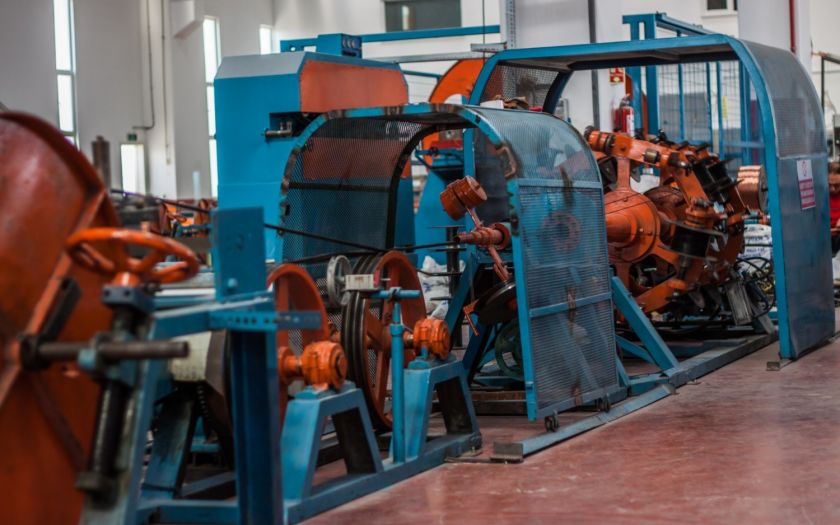
Smaller cables tend to be made in batch lengths, these are then cut to size and packed onto reels. While these usually pose less risk, failures in the production process can still lead to non-saleable lengths. Unplanned production process stoppages like this, especially during the insulation and sheathing stages, can result in inferior cables and short lengths.
Risks associated with equipment failure and material flow
Equipment failure or material flow issues can lead to unplanned stoppages. The importance of maintaining equipment in optimum condition cannot be overstated, while the continuous feed of polymers (typically in pellet form) is key. Additionally, as the extrusion process must be continuous, any mid-run interruption by a drive or heater issue can have significant consequences.
The importance of implementing quality management systems
Leading cable manufacturers understand that their production success centres around effective quality control of their materials and processes, while working towards key deliverables within their quality management systems. Accordingly, such manufacturers look to BASEC for auditing their process and certifying their products.
BASEC is an independent accredited certification body for the cable industry worldwide. Its name is synonymous with quality and safety. The organisation conducts high quality, rigorous and regular testing across a range of sectors that supply and install cable, all to the relevant standards and regulations.
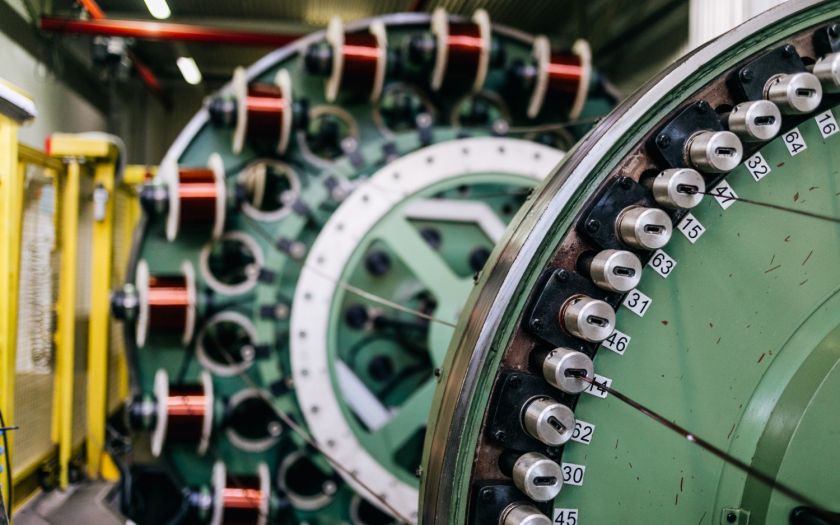
BASEC’s suite of cable product certification and testing helps to identify potential process or materials issues through a comprehensive range of electrical, mechanical, material, chemical and fire performance checks. Obtaining both systems and cable product approvals assures both the manufacturer’s customers as well as the end users that the cable is fit for purpose, demonstrating that it meets the highest required quality standards.
Product certification is complemented by detailed and integrated management systems assessment schemes, leading to certification for ISO 9001 quality management, ISO 14001 environmental, and ISO 45001 health & safety management systems.
Every manufacturer should be able to demonstrate compliant processes and quality measures, which have been built in to their operations. BASEC supports the cable industry in delivering independent support, that gives confidence of reliability to the supply chain.


